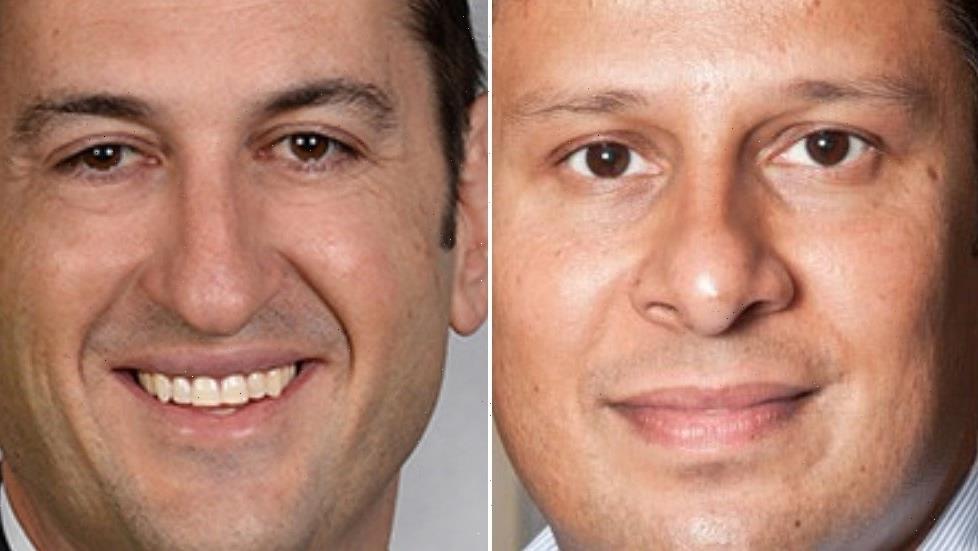As the world exits the COVID pandemic and enters the streaming era, nobody can doubt that the entertainment industry is undergoing permanent changes. Few companies, however, are preparing for it in the fashion of Greg Silverman’s Stampede Ventures.
It is going to be less American and more youth-driven, Silverman, a former president of creative development and physical production at Warner Bros., said Thursday. He was speaking to Media Partners Asia director Vivek Couto, at the ongoing APOS conference.
“This whole notion that the U.S. is going to make content for the world that has U.S. actors and U.S. directors and is in English only is completely outdated,” he said. “Some of the best story-telling is not being done in English. Things like ‘Gomorrah’ out of Italy, Korean content and anime are taking over English-speaking territories like crazy.”
Silverman envisages that the next global franchises will come from the independent sector. And they will fulfil their potential by first harnessing the headline-grabbing muscle of Hollywood’s global releasing structures, and then deliver their long-term profitability through streaming.
“To get reach and aggregate niches the streamers do best. To create worldwide moments theatrical exhibition is the best,” he said.
“ ‘John Wick’ was an independent movie distributed by Lionsgate. ‘Knives Out’ is owned by Rian Johnson and Ram Bergman, and when Netflix and Apple tried to buy the second and third instalments they had to pay $468 million for two $50-million movies,” said Silverman. “The model we really like is theatrical release, then sequels on streamers.”
“We’ve started to produce content for other folks over our two and a half years of existence – a big animated film ‘Prince of Port au Prince’ at Netflix, television shows set up at Apple and a big suite of kids programming at HBO Max – but what we are gearing towards is launching our theatrical film division. We’ve just finished another funding round that will allow us to start greenlighting movies for theatrical.”
There will be fewer cinemas, but Silverman is confident that theatrical is not going away. “Less theaters, but the economics will be the same, and the experience will be better because the theaters will be a bit more crowded. In the U.S. there are too many theaters, and the lower quality theaters need to shut down. But theaters in general are going to survive and thrive.”
Streaming, according to Silverman is the natural home for TV shows. “The streamers represent an amazing opportunity if you own the library of say ‘The Office’ or ‘Friends’ they can buy finished product and monetize it for you.”
But juggling the SVOD platforms’ voracious appetite with the creative potential elsewhere is a balancing act.
“When we look at the platforms, we see an inverse relationship between professionalism and standards and the opportunity for the independents. Would you like to have your content on Disney Plus knowing that they are going to handle it absolutely perfectly and you’ll make 20%? Or, take the other extreme, which is YouTube or Twitch or tons of other platforms where you don’t know what the experience will be, or even if the platform is going to be there. But if you can succeed on YouTube the cash for the person who controls the IP [is vastly different], you still own the IP, you have a direct relationship with the audience.”
In terms of genre, Stampede is looking for content that has emotional resonance beyond the transient experience of the initial viewing.
“We are really invigorated by two areas. In the kids’ space, you can make a gigantic impact really quickly and a real emotional connection with the audience. Think of the shows you watched as a kid, they have enduring impact,” Silverman said.
“The other exciting place to be is music-driven projects. Not just movies like ‘Bohemian Rhapsody,’ but ideas and projects that are driven by music artists. That’s why we have projects with Stevie Nicks, Lenny Kravitz, and The Chainsmokers. They give you a huge leg up in connecting with the audience.”
The company has sold some 40 shows in TV in its first two years, but it is now making an international pivot.
“Over the next 12-24 months, we are trying to make shows in 25 countries. We have this model where we try to make an international his, as opposed to a local hit, help them hang on their IP and everybody wins,” said Silverman. “The next big hits are not going to be English language.”
Source: Read Full Article
